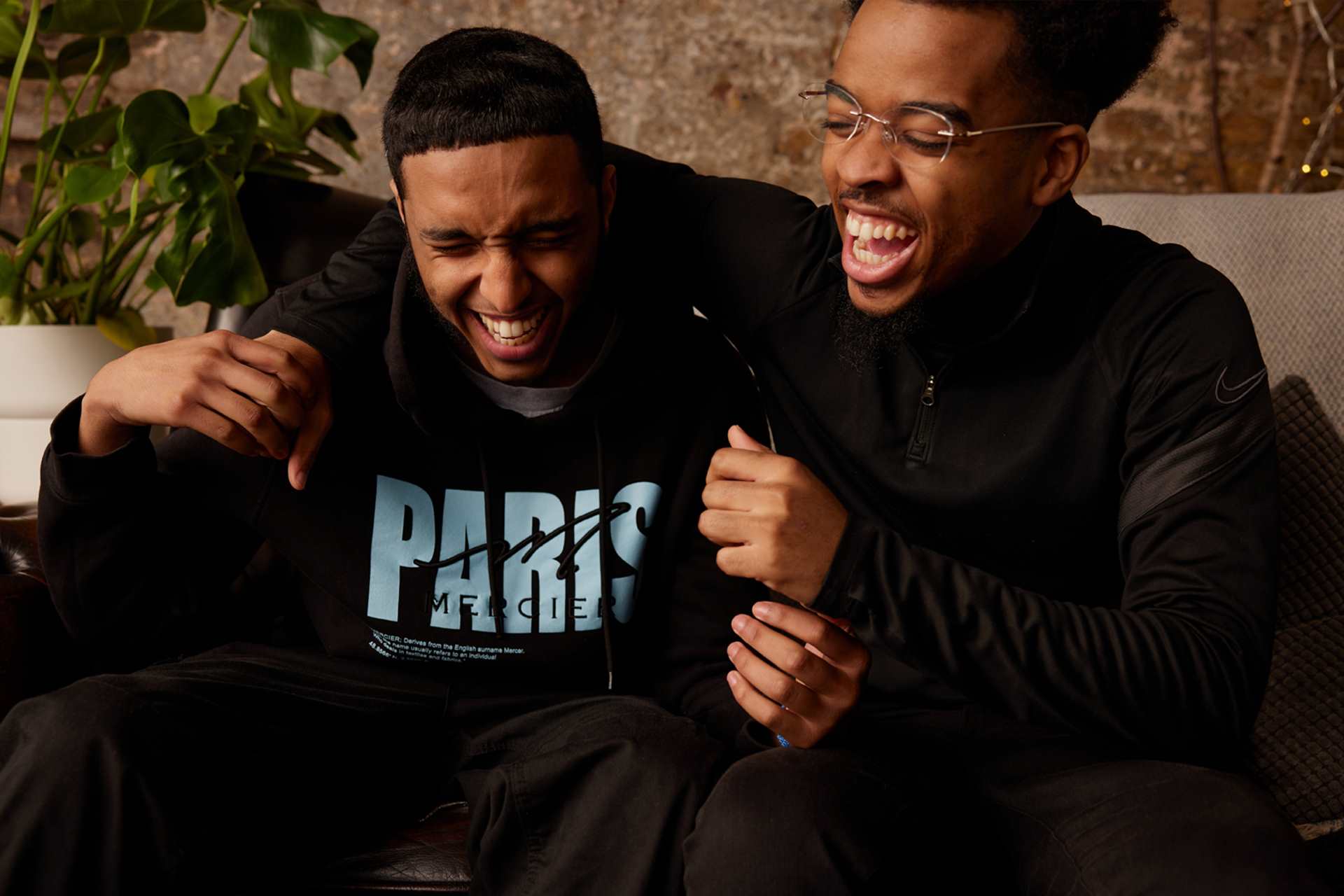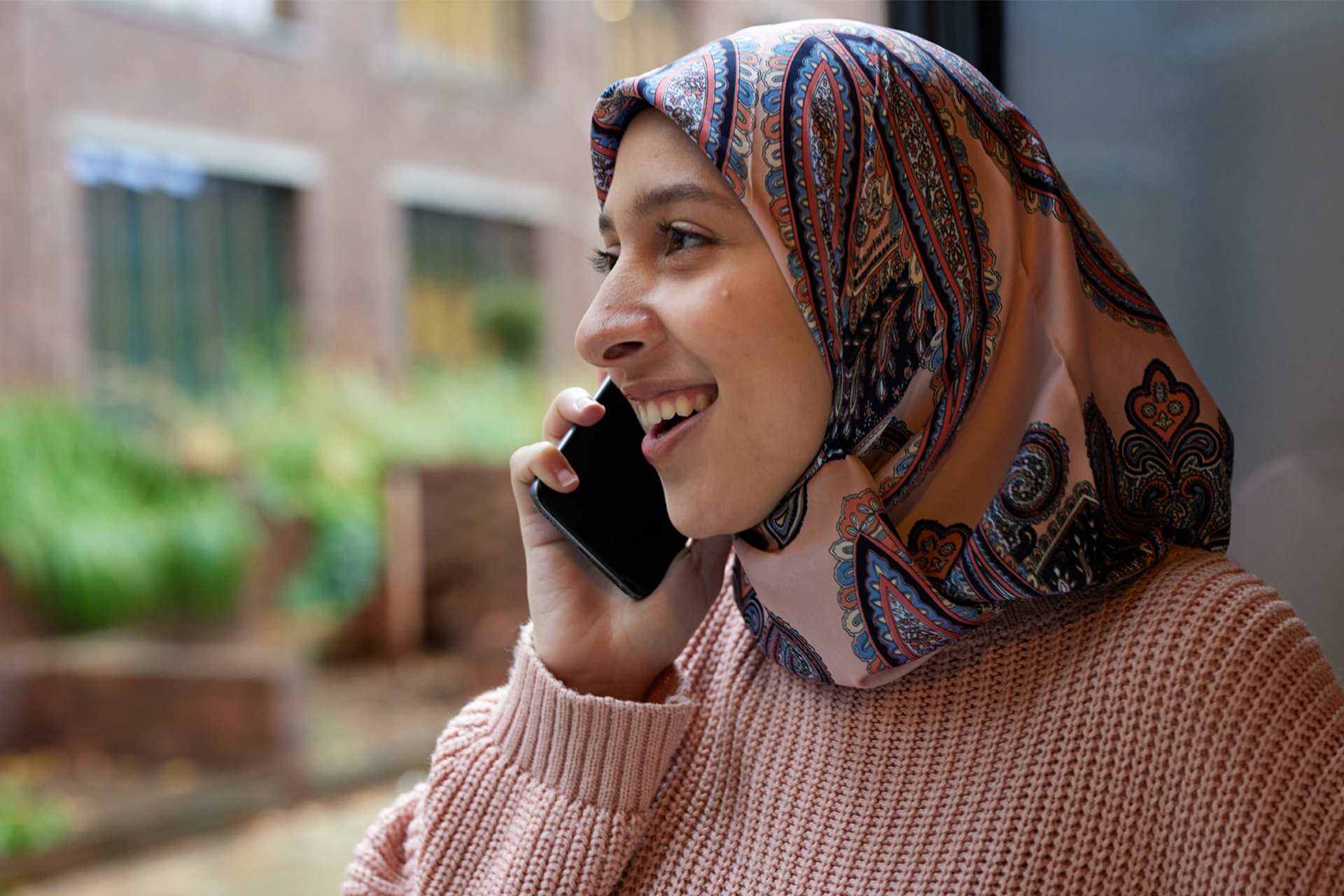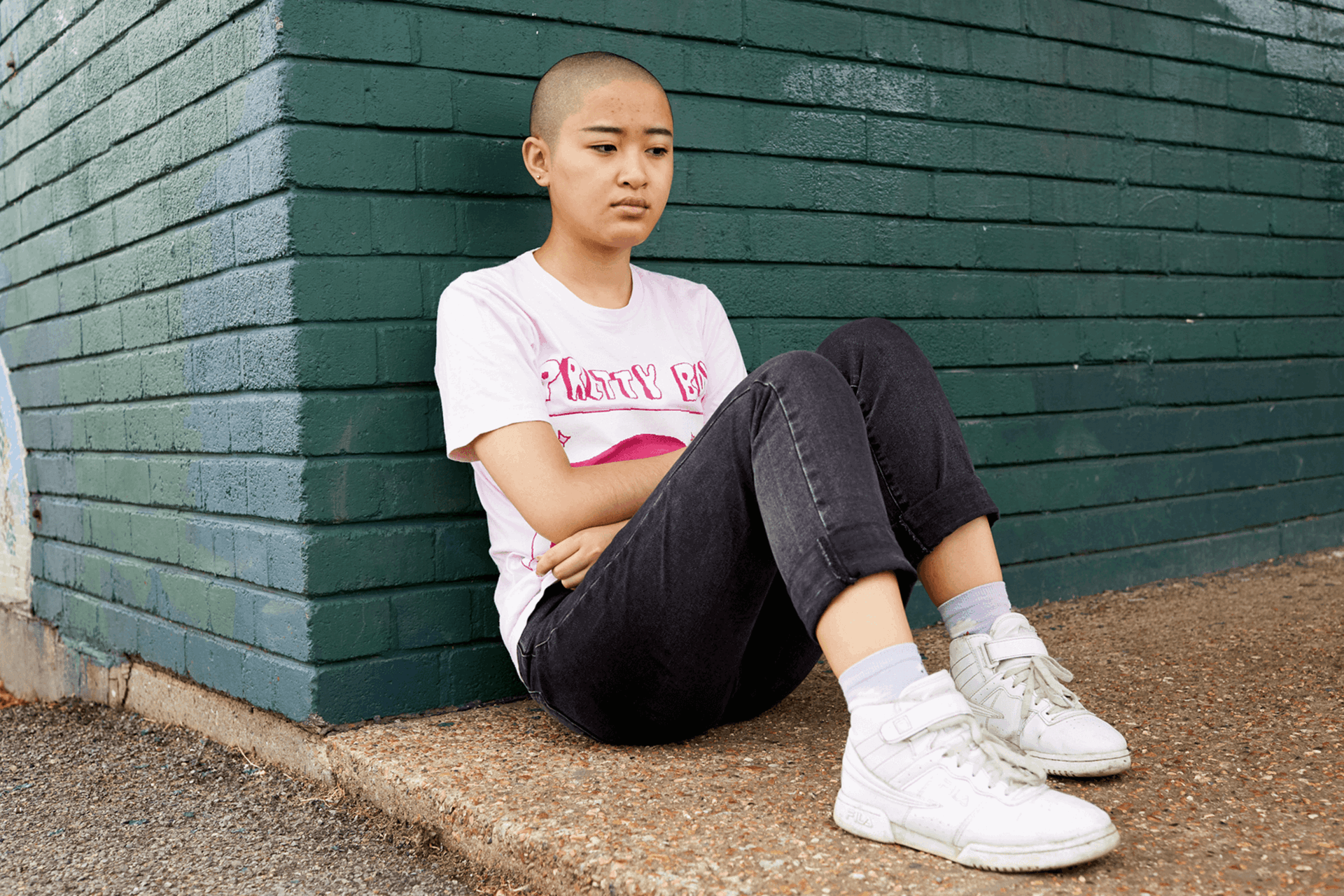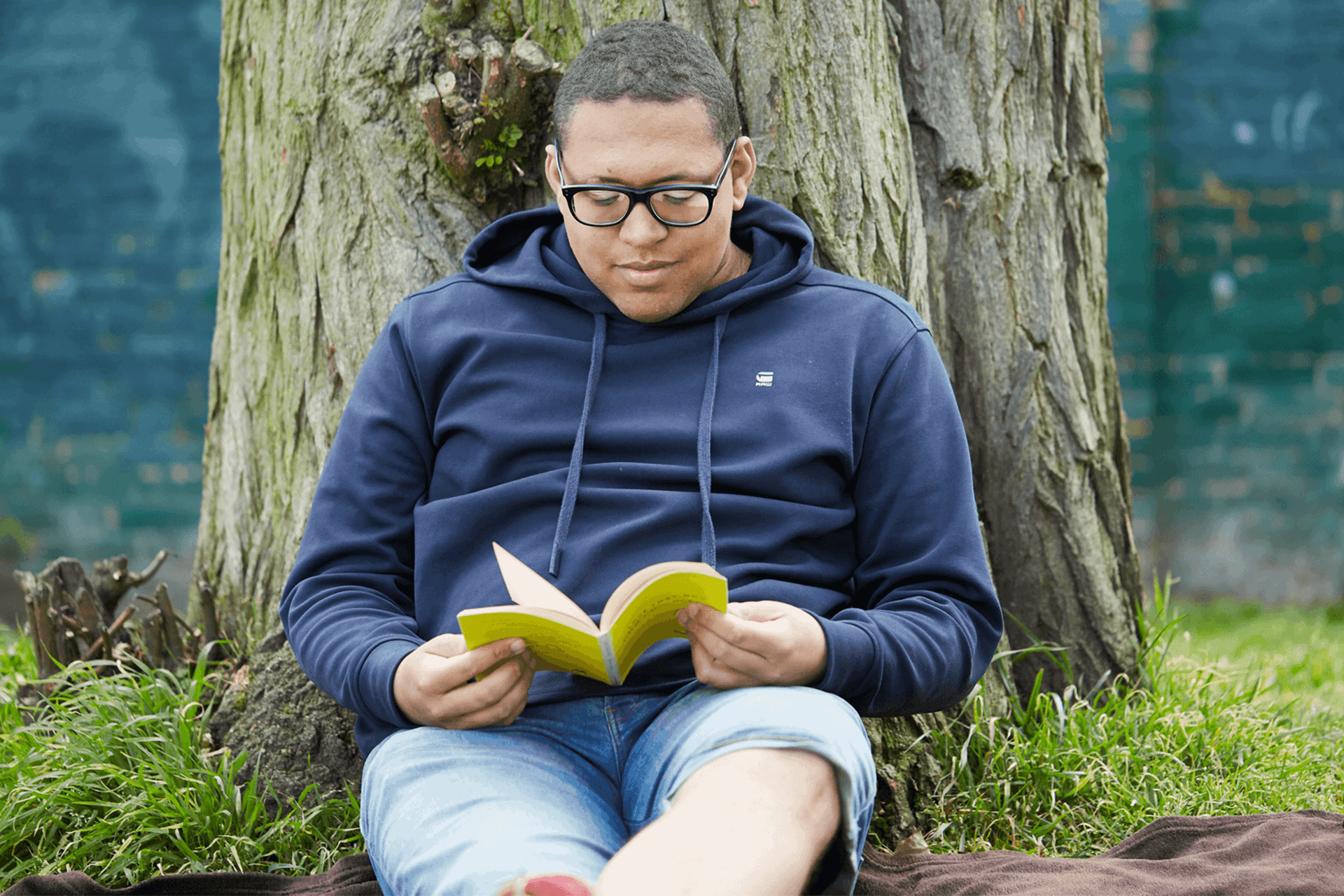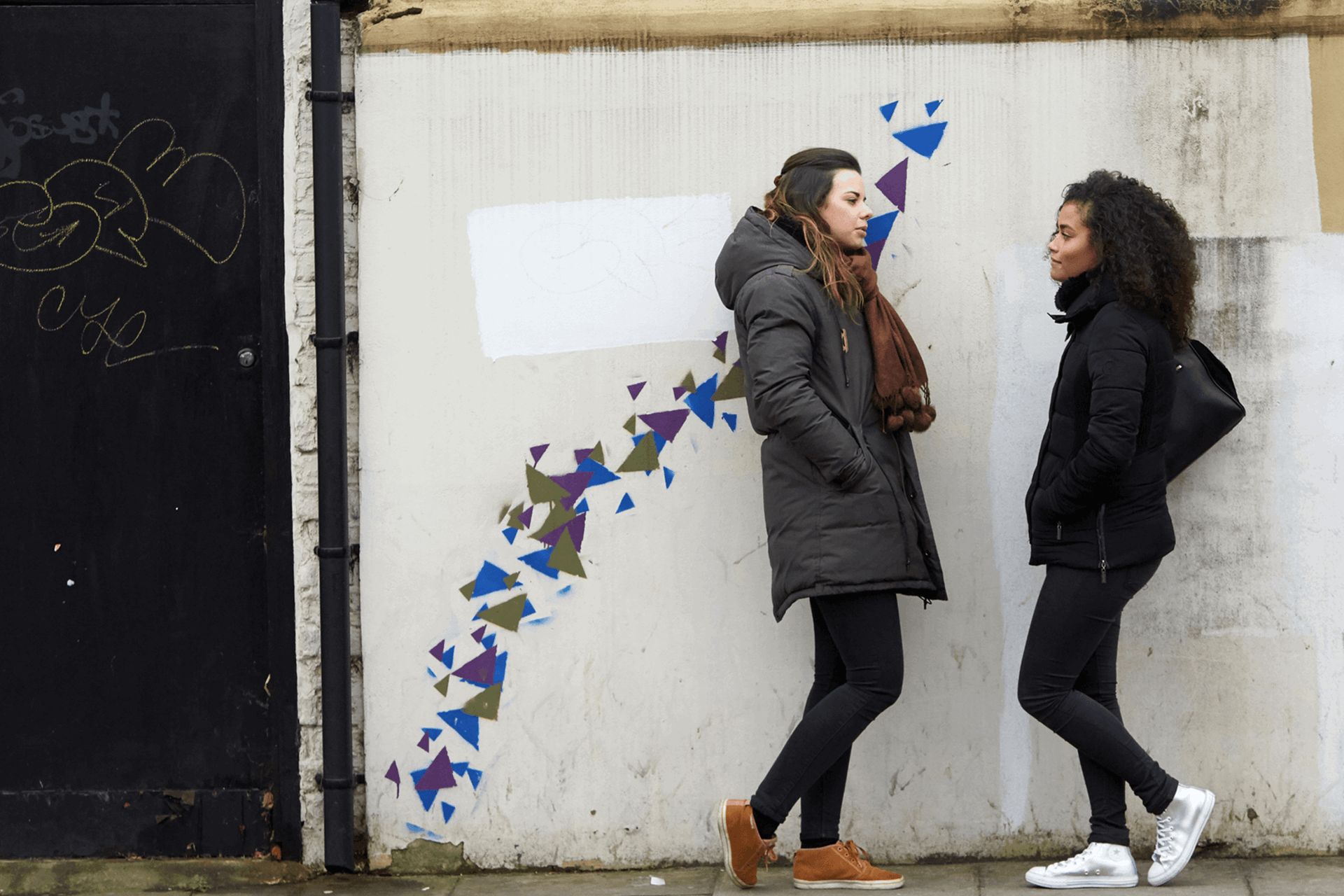Topics mentioned: depression, self-care for young Muslims
About: What’s it like to fast during Ramadan with a mental illness? Aaliyah shares her experience of depression and tips for looking after your mental health.
My experience had been so difficult that I began associating Ramadan with the feeling of utter hopelessness.
Ramadan is the ninth month of the Islamic calendar and a month in which Muslims fast from dawn till dusk.
For many Muslims, it is one of the most wonderful times of the year. It’s a chance to self-reflect, grow spiritually through good deeds and spend time with loved ones and the wider community. For those of us struggling with our mental health however, Ramadan can be a different story.
My experience of depression during Ramadan
In the summer of 2012, Ramadan coincided with my first episode of severe depression. I knew that I was very unwell but depression has a way of making you second-guess yourself and so I told myself that my illness wasn’t a good enough reason not to fast.
Not eating and staying up until the early hours of the morning for suhoor (the predawn meal) exacerbated my symptoms and by the end of the month I was in a much worse state than I had been to begin with. My experience had been so difficult that I began associating Ramadan with the feeling of utter hopelessness.
I knew that I was very unwell but depression has a way of making you second-guess yourself.
As Ramadan drew near every year, the now familiar sense of dread would creep up, along with the guilt of not experiencing the joy that everyone else appeared to be feeling. I felt so alone in my pain. I couldn’t speak to anyone about it for fear of being told that I was only finding it hard to fast because my faith wasn’t strong enough.
The stigma surrounding mental illness within the South Asian community and society at large meant that these subjects were so rarely discussed. I imagine that an open dialogue within the community would have helped to relieve those feelings of guilt immensely.
Exceptions for fasting
Islamically, there are a number of exceptions when it comes to the obligation of fasting. People who are pregnant, nursing, or on their periods are not obligated to fast, as well as those who are travelling. Additionally, fasting is not required of anyone who is too unwell to do so. Most people are able to recognise physical illnesses as a valid reason not to fast but unfortunately there can be a lack of understanding and empathy when it comes to mental health issues.
I’m better able to decide whether or not to fast depending on my mental health.
Thankfully, over the last few years, we’ve seen an increased awareness in the Muslim community through people sharing their own experiences, particularly in relation to eating disorders. Ramadan can be a major relapse trigger for anyone struggling with disordered eating.
With hindsight and a greater sense of self-awareness, I’m better able to decide whether or not to fast depending on my mental health.
My advice if you're struggling during Ramadan
- Your mental health is not a reflection of your faith.
- Mental illness is just as valid a reason not to fast as physical illness.
- Trust your own judgement when making the decision of whether or not to fast.
- If you are unable to fast, you can build on your spirituality through other means, such as charity, meditative prayer and recitation or study of the Quran.
- Not being able to fast due to a health condition does not make you any less of a Muslim.
Practical tips during Ramadan
-
Speak to your GP
If you’re taking medication, remember to speak to your doctor about your options before you adjust or stop taking them for Ramadan.
-
Eat energising foods
If you are fasting, remember to eat energising foods (such as fruits, nuts or oats) and drink plenty of water at suhoor.
-
Get enough sleep
Try to keep to a good routine when it comes to sleeping. A couple of hours of sleep before suhoor go a long way!
It gets better
This year has been the first since my diagnosis of depression where I’ve been able to fast consistently and healthily. The peace I feel now from fasting is worlds apart from the tearfulness and angst I'd come to associate with Ramadan seven years ago.
I finally feel the connectedness and increased spirituality that comes with the mindfulness and introspection of a healthy fast. This month has been proof to me that it does get better, but I won't take it for granted. I know myself well enough to know that if my symptoms start to display again, the option to not fast is there for me.
I finally feel the connectedness and increased spirituality.
More information and advice
We have tips and advice to help you find the support you need. Take a look at our guides.
Where to get help
However you're feeling, there are people who can help you if you are struggling. Here are some services that can support you.
-
Muslim Youth Helpline
Provides faith and culturally sensitive support for young Muslims.
Online chat service available during opening hours.
- Opening times:
- 4pm - 10pm, 365 days a year
-
Childline
If you’re under 19 you can confidentially call, chat online or email about any problem big or small.
Sign up for a free Childline locker (real name or email address not needed) to use their free 1-2-1 counsellor chat and email support service.
Can provide a BSL interpreter if you are deaf or hearing-impaired.
Hosts online message boards where you can share your experiences, have fun and get support from other young people in similar situations.
- Opening times:
- 24/7

